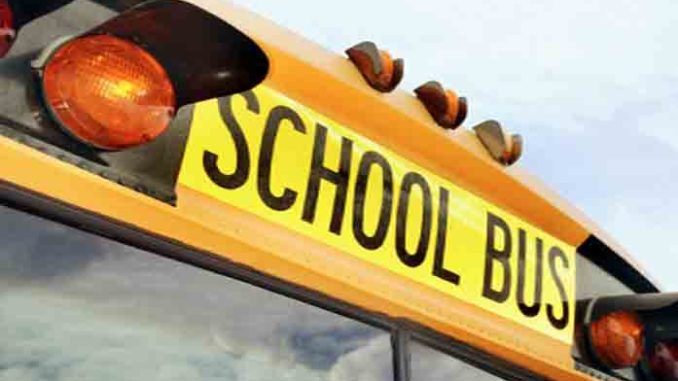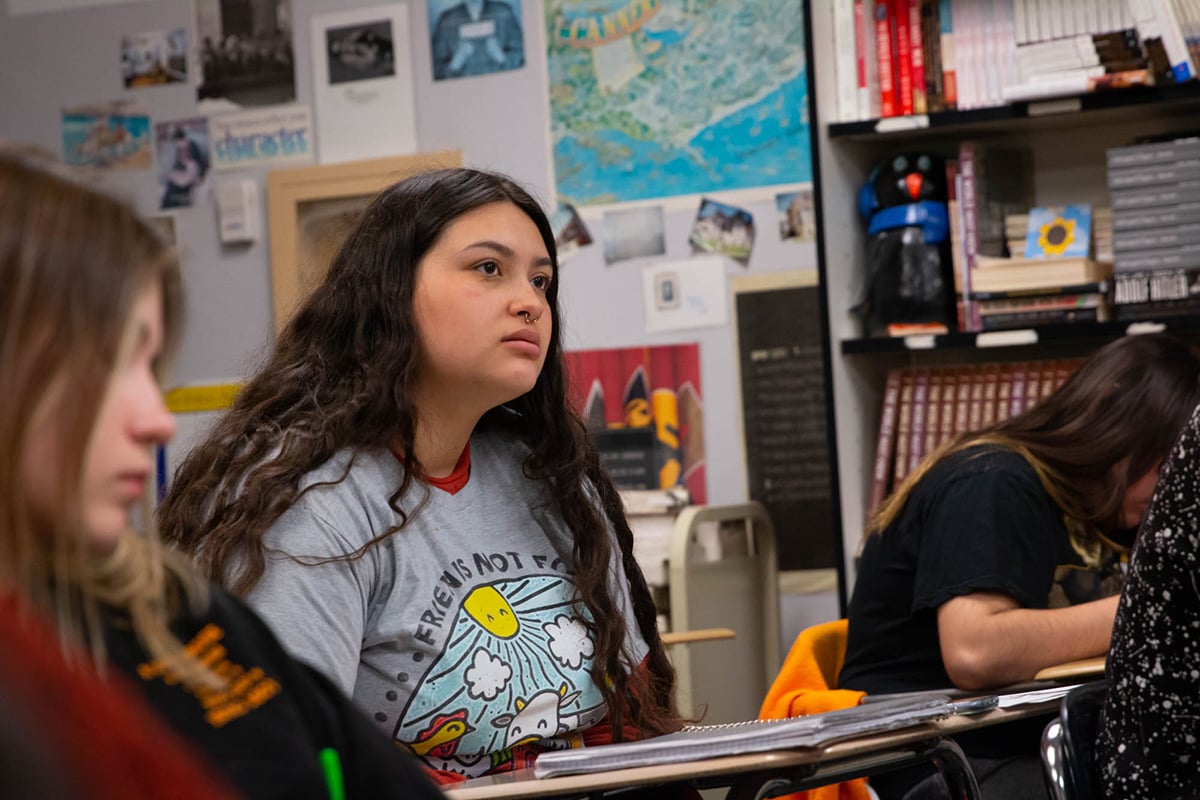
PHOENIX – Arizona students haven’t been properly taught about the Holocaust in recent years, according to a recent poll conducted by the Conference on Jewish Material Claims Against Germany. Among Arizona millennials surveyed in March 2020, 42% could not name a single concentration camp the Nazis built to detain and exterminate Jews and others deemed undesirable.
The same report found that only 48% of the state’s millennial respondents recognized the term Auschwitz, and only 33% knew the number of Jews who were killed from 1933 through 1945.
Such findings worry Lawrence Bell, executive director of the Arizona Jewish Historical Society, and other Jewish leaders in the state. The concern is heightened as more Holocaust survivors – who have been crucial to putting a human face on unfathomable tragedy – pass away.
“Memory of the Second World War is really starting to fade from popular consciousness,” Bell said. “A lot of people don’t think about the Second World War, they don’t think about the Holocaust. … It’s something that’s largely faded out.”
In October, the Arizona Department of Education made a rule change that requires students to receive instruction on the Holocaust at least twice during their secondary school career.
Tammy Waller, director of K-12 social studies and world language standards at the Department of Education, was happy the rule was changed. Because history curriculums contain a great amount of content, she said, some teachers had previously rushed through Holocaust lesson plans.
“Holocaust education is dependent on the teacher,” Waller said. “State social studies standards have always had Holocaust and genocide education, but not as much time is spent on these topics throughout the school year.”
Some Jewish leaders fear a rule change may not be enough, and that a law is needed.
“A state law has much more staying power,” said Sheryl Bronkesh, president of the Phoenix Holocaust Association. “It would take a lot more effort to change it.”
A codified Holocaust education law would clarify misconceptions that today’s students may have about World War II, she said, such as how it started, who the perpetrators were and how many people were killed.
“The ultimate goal is for students to become upstanders, not bystanders,” Bronkesh said. “So that when students see bigotry, they will understand what those ramifications could be down the road.”
In January, state Rep. Alma Hernandez, D-Tucson, introduced a bill that would do just that.
House Bill 2241 would require Arizona schools to teach students about the Holocaust at least twice from the seventh to the 12th grade. The bill was approved 59-0 and now is working its way through the Senate.
Hernandez last year introduced a similar bill that would have required more Holocaust education in grade schools. Although the bill cleared the House, the legislative session ended prematurely because of COVID-19.
“The survivors are getting older and older, many passing away,” Hernandez said in a news release. “We owe it to them and their memories to make sure students learn about what they endured.”
HB 2241 is just one of Hernandez’s latest initiatives meant to benefit local Jewish communities. The representative recently worked with the Arizona Department of Health Services to provide COVID-19 vaccination appointments to more than 40 Arizona Holocaust surivivors.
Although initiatives like these are new, the fight for Holocaust literacy has been long-standing, said Bell, with the historical society.
“People have been doing Holocaust education for decades and not getting a lot of attention for it,” he said. “Survivors have been in classrooms over and over again telling their stories and trying to make a distant historical event real in students’ lives.”
Bronkesh and Waller also are members of the Arizona Department of Education’s Task Force on the Holocaust and Other Genocides, which has developed resources and training for teachers. The task force’s webpage has a Holocaust education toolkit, recorded webinars and lesson plans.
“We know that teachers have a lot on their plate, so we wanted to make it as easy to find educational resources as possible.” Bronkesh said.
However, Bell said that the push for Holocaust education isn’t just about passing history class – it’s also an initiative to help Arizonans build stronger emotional connections to World War II.
The next obstacle will be how to adequately tell the stories of Holocaust survivors after they pass away. The Arizona Jewish Historical Society plans to do this through opportunities outside of the traditional classroom setting.
The society conducts a series of free community programs that are open to the public, which give Holocaust survivors and their descendants platforms to speak. The Surviving Humanity series also explores other instances of intolerance, oppression and genocide.
Plans to open a Holocaust education center in Phoenix also are in the works. Bell said an education center would allow younger generations to connect with Holocaust survivors and continue to learn their stories after they die.
“We’re trying to make it technologically innovative and incorporate the stories of local survivors,” he said, “so that the tradition of them visiting classrooms can be carried on, even after they’re gone.”

